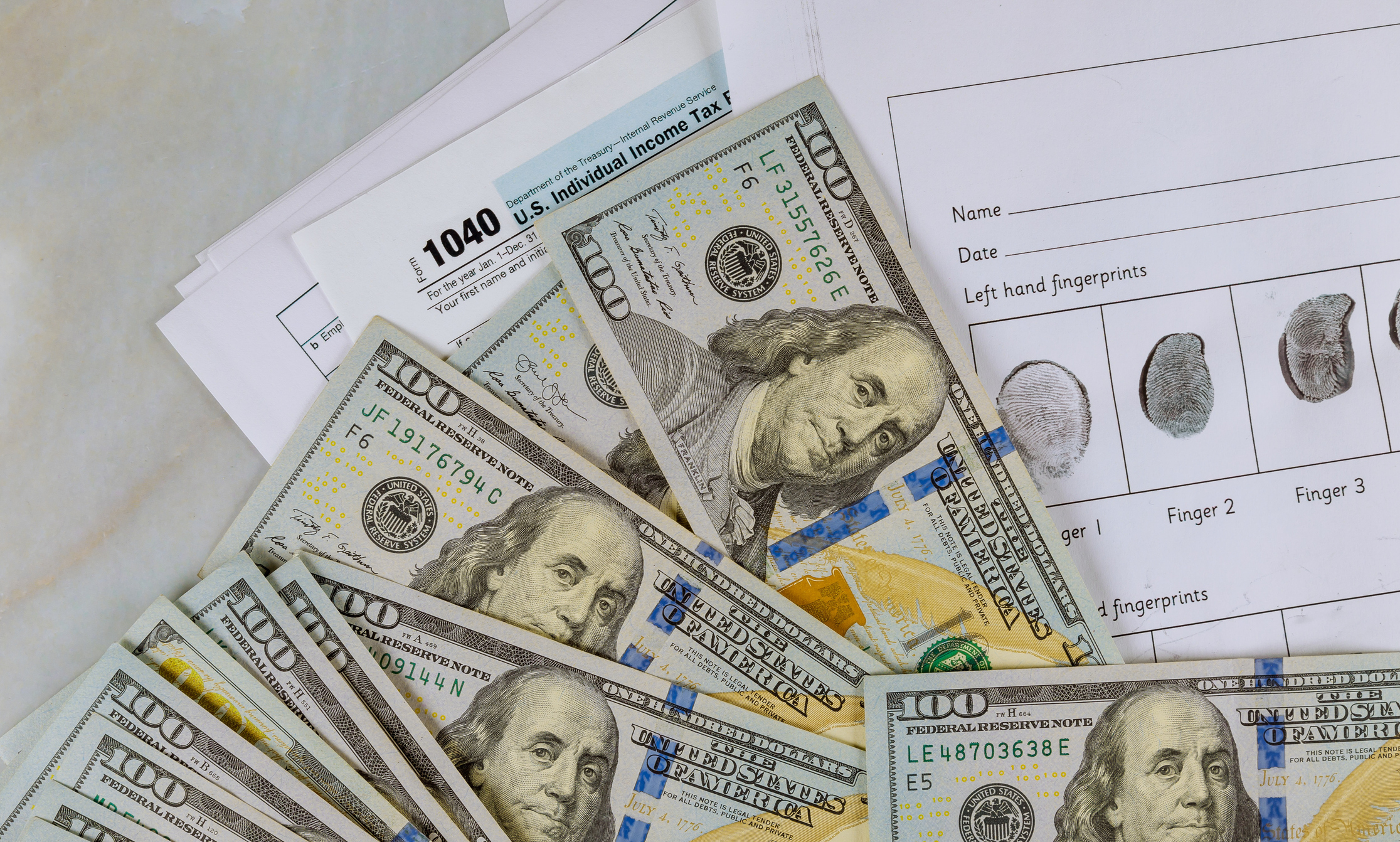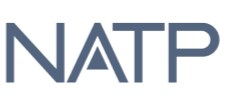There’s no doubt that ways to earn income online are growing, and companies like PayPal and Venmo are legally bound to report these payments. But, if you’re confused about whether paying taxes on third-party payment apps applies to you, along with what the IRS 600-dollar rule is, then keep on reading.
In this article, we’ll cover:
- The IRS $600 rule and why it was implemented
- When this new rule applies to you
- What is the 1099-K form
- What happens if you don’t report this income to the IRS
This IRS rule recently changed, so it’s vital to keep updated on this tax return change. If you misfile, you’ll be liable for the tax debt. Remember that unpaid taxes will incur penalties and interest, which increase the balance due rapidly.
What Is the 600-Dollar Rule?
The 600-dollar rule is a tax law that requires anyone who earns more than $600 in profit in a calendar year to report the income to the IRS and file business tax returns. In other words, if you use payment transactions to earn any type of income, you’re required to report it to the IRS once you earn over $600 (Six Hundred Dollars) on the app. You’ll be issued a 1099-K form.
Why Did the IRS Implement the 600-Dollar Rule?
The IRS 600 dollar rule comes from the American Rescue Plan Act of 2021 and is targeted toward business owners or those with a side hustle. The previous limit used to be $20,000 and 200 transactions. This rule has changed to $600 and unlimited transactions.
If you’re not a business owner and just use third-party payment apps to send money to friends and family, then this rule doesn’t apply to you.
IRS $600 Rule 2025 Update: Venmo, PayPal, and Zelle Reporting
In 2025, the IRS will continue enforcing the $600 reporting rule across all major third-party payment platforms — including Venmo, PayPal, and Zelle. These companies are legally required to issue a 1099-K form when you receive $600 or more for goods or services in a calendar year. This form helps the IRS track taxable income and ensure that all earnings are reported accurately.
If you use these platforms for freelance work, side hustles, or online sales, your earnings count as reportable income under the $600 IRS rule. That means you’ll need to include this income on your tax return.
However, personal transfers — like paying your roommate for rent or sending money to a friend — aren’t taxable and don’t require reporting. The $600 deposit rule only applies to payments for business or income-generating purposes, not casual personal transactions.
As digital payments become more common, it’s important to keep records of what’s business income versus what’s personal. Doing so protects you from unnecessary tax issues and helps you stay compliant with IRS guidelines.
Common 600-Dollar Rule Exceptions
There are two common exceptions to the IRS rule. Let’s go through them below:
You’re not making an income
As we mentioned above, if you don’t use third-party apps to collect payments from clients or customers, then this rule is completely irrelevant to you. Make sure you check the “Friends and Family” option (or similar) when sending money to minimize the chance of confusion.
You didn’t make a profit
Even if you’re a business owner, you won’t be able to be taxed on losses. For instance, if you bought a couch for $1,000 but only resold it for $800, you didn’t technically make any income and therefore don’t need to report it. Find out more about reporting losses.
$600 Tax Rule for Individuals
This specific rule adjustment by the IRS has implications for individuals who might not necessarily consider themselves business owners but engage in transactions that qualify as income. Here’s what individuals need to know:
- Occasional Sales: If you occasionally sell items online, the IRS is not necessarily considering these as taxable events unless they meet certain criteria for business activity.
- Hobby Income: Money earned from hobbies that exceed $600 should be reported, but the rules around such income can be complex. It’s important to distinguish between hobby income and business income.
The IRS views income earned over the $600 reportable income threshold as taxable when it’s related to business activity or self-employment. This includes side hustles, freelance work, and hobby income that generates profit. However, selling personal items at a loss — like reselling used furniture or clothing for less than you originally paid — doesn’t trigger the $600 tax rule for individuals. In those cases, the transaction isn’t considered taxable income.
If you do earn money from casual sales or hobbies, make sure to track your expenses. Accurate records help you differentiate between taxable income and non-taxable personal transactions — and ensure you only pay what you truly owe.
Understanding how the IRS 600 dollar rule works helps you stay compliant, avoid unnecessary stress, and focus on what really matters — building financial stability and freedom.

What Does The 1099-K Form Include? Why Am I Receiving This Form?
If you earn over $600 (Six Hundred Dollars) from any platform (even if not issued a form by the platform), you must submit the 1099-K form with your tax return. To learn more about what this form includes, visit the official IRS Form 1099-K page.
Though this rule applies to any earned income over $600 (Six Hundred Dollars), we’re focusing on third-party payment transactions in this article.
The 1099-K form includes your gross income earned and the number of transactions per payment entity you qualified for. These third-party payment transaction companies are required by law to issue you a 1099-K form if you made over $600 (Six Hundred Dollars).
Do You Have To Pay Taxes On The 1099-K Form? What Happens If I Don’t Report To The IRS?
Though all companies will issue you a 1099-K form once you earn or receive $600, you only have to pay tax if it’s income from customers or clients. If it’s a payment from a friend, family member, or acquaintance, you’ll still receive the 1099-K but will not have to pay taxes since it’s not declared as income.
If you don’t file a 1099-K when you should have, penalties and interest will start accruing on the balance. Additionally, the IRS will start its collections process to force you to pay your back taxes in full.
Yes, you will most likely have to pay income on this form, since you’re considered self-employed. There are many deductible expenses you could claim that would lower your tax burden.
Also, be sure to keep a close eye on where you receive your income. You don’t want to document receiving a payment twice when, in reality, it was one payment.
For instance, if a client paid you $100 (One Hundred Dollars) over PayPal, be sure to document that in your accounting book. This same amount will also pop up in your bank statement once you cash it out from PayPal, and you don’t want to report this income twice.
The Takeaway
Taxes are infamously complicated — but they don’t have to be. If you’re tired of being stuck in tax debt, sign up for your free tax consultation. From this call, you’ll be able to determine if you qualify for our services and which tax relief program will work best for your unique situation.
TaxRise has helped thousands of taxpayers just like you resolve their tax issues and erase their tax liability. Book your call and get started today!
Frequently Asked Questions
You only need to pay taxes on Venmo or Zelle transactions if the payments were for goods or services, such as freelance work, online sales, or side gigs. Personal transfers — like paying back a friend for dinner or sending money to family — are not considered taxable income. However, when you receive $600 or more in business-related payments, the app may issue a 1099-K form, and that income must be reported to the IRS as part of your annual tax return.
No, the $600 tax rule doesn’t apply to personal transactions like gifts, reimbursements, or money sent between friends. The rule only covers income received in exchange for goods or services, which is why understanding the intent behind each payment is important. If a payment app accidentally flags a personal transfer as income, you may receive a 1099-K form unnecessarily — in that case, you’ll need to clarify the error when you file your taxes.
The IRS relies on payment processors like Venmo, PayPal, and Zelle to report taxable income through Form 1099-K. These platforms automatically send transaction information to the IRS when you meet the $600 threshold for payments related to business activities. Because both you and the IRS receive copies of this form, it’s essential that the income you report on your tax return matches what’s shown on the 1099-K to avoid discrepancies or audits.
Failing to report income listed on a 1099-K form can lead to penalties, interest charges, and even enforcement actions by the IRS. The agency compares the data it receives from payment apps with your tax return, and if the numbers don’t align, you may receive an IRS notice or bill for the missing income. Even unintentional omissions can cause problems, so it’s best to review your forms carefully and report all taxable income accurately to stay compliant.
Absolutely. Our tax professionals specialize in IRS tax relief and resolution services for individuals who owe back taxes, including those with 1099-K-related debt. We’ll review your financial situation, negotiate directly with the IRS, and find a resolution program that fits your needs — so you can move forward with peace of mind.





0 Comments